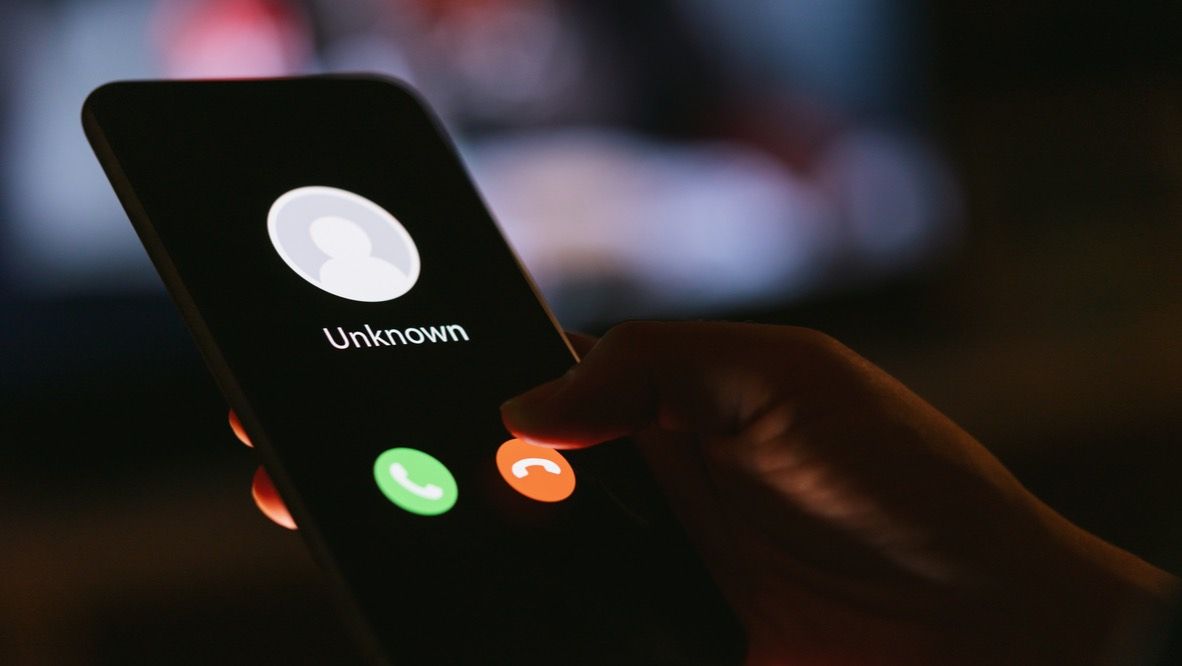
COVID-19 Scams: How to Spot & Avoid
As if there isn’t enough to worry about with the current state of events. Now scammers are crafting COVID-19 scams to get you to part with your hard-earned money or stimulus check. They’re using similar scams from the past, but have shifted their strategies to take advantage of people who are anxious during the Coronavirus pandemic and may not be as alert as usual.
To help you from getting swindled, here are some current scams related to COVID-19 you need to be aware of.
Types of Coronavirus Scams
Sadly, it may be hard to keep up with the specifics as new ones can crop up daily. Nevertheless, here are common scams you may come across.
Medicare Scams
The idea behind this scam is that you’ll be offered Medicare benefits as a result of the pandemic–it can be referred to by different names, like a Coronavirus package or a COVID-19 kit. In order to receive them, you’ll need to “verify” personal information such as your Social Security number, Medicare number or bank account. After the scammer gets this information, they’ll use it to commit identity theft or drain your bank account.
Phishing Emails
Phishing attacks have been around for a long time, but scammers are now using current news to get you to open their emails. How it works is that once you click on a link in the email, your computer will download malicious software that allows thieves to access personal information such as your financial data, leading to identity theft.
Some common types of emails you could receive are emails claiming to be from U.S. Centers for Disease Control, or the CDC. It could have information about cases in your area and you’ll be tempted to click on the link to see where they are. Or some emails will offer health advice or products claiming to help protect you.
Some scammers may go so far as to disguise themselves as your lender, bank or even workplace to get you to click a link. Contents of these emails can include asking you to review their fake company policies, to see what relief programs are or to confirm your personal details to receive your paycheck or stimulus money.
Social Security Administration Scams
Just like the Medicare scam, you may be getting COVID-19 scam calls from people claiming to be from government entities such as the IRS, USCIS, FDIC or the Social Security Administration. These scammers will call to say you’re approved for extra money or a quicker way to get your relief payments. They may even promise you a small business loan and all you have to do is to “confirm” information over the phone or send money to guarantee the fake relief funds.
Mobile Malware
Fake apps, like phishing emails, have been around for a while, but new apps can pop up claiming to keep you updated on the Coronavirus but are designed to install malware on your phone. Some might even look like ones from official sources, making it harder to tell them apart.
You may also get scammers sending you text messages claiming to help you with getting masks or a faster way to receive your stimulus check–all you have to do is click on the link provided.
Holiday Cancellation Scams
Some calls are from fake travel or airline companies claiming to help you get a refund for an upcoming trip that’s been delayed or canceled because of COVID-19.
These scammers will take your information (most likely your credit card number) and use it for identity theft purposes.
Charity Scams
Fake charities are cropping up, especially during times of disaster, tugging on our heartstrings to encourage us to make a donation. After making a donation, the money won’t go to those who need it–it’ll go to the scammer’s bank account instead.
How to Stop Scams
Stopping scams starts with understanding what they are in the first place. If you’re unsure whether an email, app, text message or phone call is legitimate, don’t take the bait. Hang up or hold off clicking on that link and contact the company directly.
For example, if you’re not sure if it’s really your credit card company calling, then hang up and call them directly. Or do a reverse email or phone lookup check using a service such as BeenVerified to verify the source. There’s also blocking scam calls by installing a legitimate robocall app or in some cases, your wireless provider can do so.
If you’ve already been a victim of a scam, contact the FTC’s website to report them and alert your bank accounts and credit card issuers of possible fraud. You can also report your credit cards lost so that you can get them replaced, preventing anyone from being able to use your card without your permission.
As for malware apps, double-check to see if it’s legitimate by looking up the company that created it. In some cases, looking at the reviews may give you an indication of whether it’s a good idea to download–if there are lots of reviews mentioning a barrage of ads or bugs, then it might be a sign that the app isn’t legitimate.
No matter what, you can take steps to protect yourself against identity theft. You can freeze your credit reports so that anytime someone tries to open an account in your name, they’ll be denied. There are also services such as Experian Identity Theft Protection to alert you of any suspicious activity and help you take steps to guard against scammers.
It’s unfortunate that there are many people out there intent on spreading ill will and taking people’s hard-earned money from them. However, with some education and simple preventative measures, you can hopefully guard yourself against COVID-19 scams.
This includes:
- Hanging up on unfamiliar phone calls
- Not clicking on any suspicious links
- Making sure any apps you download are from a trusted source
These are certainly some interesting times we’re living in, so stay safe out there.


Article comments